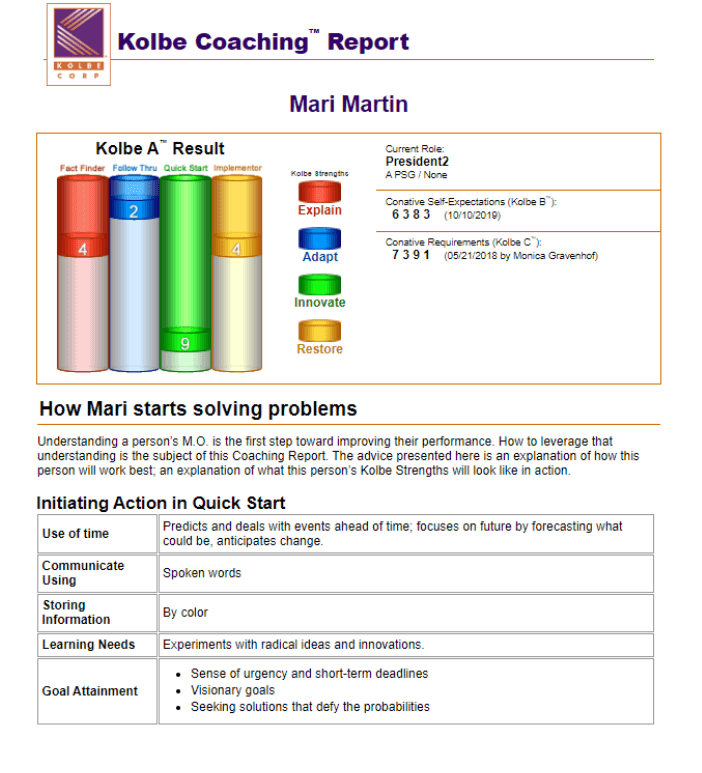
Some of us remember, and others, well, are just too young. In all likelihood, you may not even have been born the night Sally Field made her acceptance speech at the Oscar’s in 1984. Field was someone that was looking for respect in her industry and respect in her work. When she received the Oscar for her role in Places in the Heart, she couldn’t contain herself and shared her rawest emotions with these infamous words that have now been parodied over the decades, “and I can’t deny the fact that you like me, right now, you like me.”
The word like is quite overused and has become a nuisance in our common dialog with each other. There are people who will use it three or four times in one sentence. To mean, I don’t even know what. It is basically a non-word–a filler that has no use. In today’s conversations the word “like” underperforms. It does not add anything to the value of your words.
But, in the workplace (and on social media platforms) to be liked as a team member is capital, it is King. There’s an adage that is especially true. People want to do business with people they know, they like, and they trust. We are drawn to them.
Likable People
These are the people out there that just have the “it” factor. They are positive and friendly. They smile and make others laugh. They are good at what they do. They are reliable and trustworthy. They achieve greatness in an area they are passionate about, and it shows. They work well with others. They don’t seek glory for themselves but acknowledge others and build them up. They are congruent—we know what to expect and what not to expect. They focus on goals and advance efforts. They recognize their own weaknesses, then allow for others to show up with strengths they don’t have. They make others feel confident. We might even say they inspire us. And, we just want to be around them–listening, learning and growing.
Who is that person for you? And how can you become that person for others? You need to show up with all the external traits of likeability, and you need to go beyond that with some internal work on two areas: Truly Know Someone and Communicate as They Need it.
Insights from Kolbe Coaching
A great tool to use is the Kolbe Coaching™ Report. Leaders can learn a lot about their staff members in three easy pages. It provides details on knowing what to expect and what not to expect in performance in the workplace. It then gives coaching tips on targeting strengths to projects and assignments that will tap into their potential, give them confidence in their work assignments and build their mastery.

By reviewing and understanding this report my leader could learn that:
- Verbal communication is best for me—let’s just talk about it—let’s hop on a phone call instead of e-mailing back and forth.
- A workplace where I can be standing, moving, and making will improve productivity.
- Repetitive assignments slow me down.
- Developing new approaches is where I flourish.
- Deadlines are essential for timely outcomes.
- Essential facts work best for me at first, and then let me dig for more details or complexities if needed.
Next Steps
In this time when there are so many new staff members to onboard and integrate onto the team this could just be the “it” factor that helps you be seen as the best leader they have ever had. The leader, years from now that they say, “I liked her the best of all my leaders. She understood me and communicated as I needed it.” Once you have reviewed it, provide the report for each member of the team to review and before you know it, your teams are learning and growing together to provide the quintessential ingredients for knowing, liking, and trusting each other. A word to a new employee: when people like you they will seek opportunities to work with you and they will come back for more. Your brand will appreciate!
